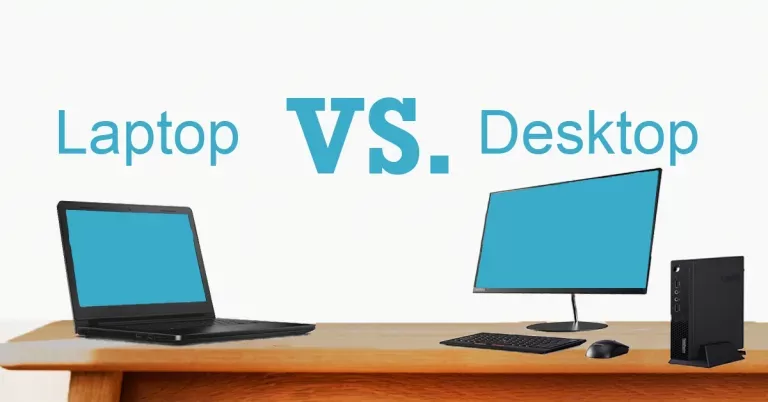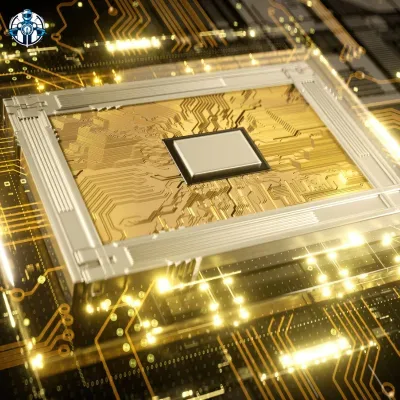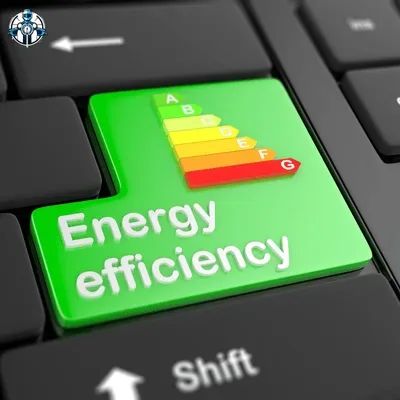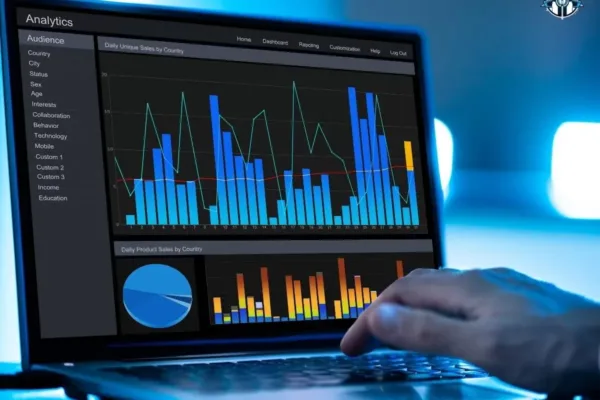Suppose there is a question as to which tool is preferable for work, Laptops vs. Desktops. In that case, it is possible to experience confusion. Very often, each type or scheme has its advantages and the corresponding list of nuances and peculiarities. So, the comparison of laptops and desktops according to the purpose is given below:
1. Portability
The first and probably most significant feature is that laptops are more portable than desktops.
Laptops: Portable Powerhouses
Laptops are compact and portable, so it is easy to take them with you. You can carry a laptop to school, your workplace, or even on a trip. The portability of using document mode is excellent if one is to work in various places.
Pros:
Work anywhere: A laptop can be carried and used in a coffee shop, a park, or even on a move-and-train.
Easy to store: Laptops, for instance, are more manageable in terms of space at home. They do not occupy a lot of space as compared to the others.
Cons:
Battery life: Their laptops have to be charged, and the battery just dies on them.
Durability: Laptops are fragile items and you can easily break them by accidentally dropping them or by spilling food or some other liquid on them.
Boost your efficiency with these amazing productivity apps for Windows. Transform your laptop or desktop into a productivity powerhouse!
Desktops: Stationary Power
Desktops are greater and are immobile. Nevertheless, they are most suitable if you primarily operate in one place, for example, an office or a home.
Pros:
More power: Specific to desktops, their parts can be made much more powerful, such as having a larger processor and more RAM.
Better cooling: They stay cooler because they have better fans, which basically can run as fast and as long as they can.
Customization: It is possible to change parts of a desktop more easily.
Cons:
Not portable: You can hardly carry around a desktop, can you?
Takes up space: Laptops, on the other hand, require a desk as well as more space for all their components, for instance, the monitor, the keyboard and the mouse.
2. Performance
It defines the degree, to which a computer can execute certain applications, processes or operations on its own.
Upgrade your tech life with the best NFC smart rings for work and daily productivity. Discover how smart accessories can complement your setup!
Laptops: Proper for the vast majority of uses
Laptops of the recently developed ones are quite powerful. These noted ones can do most activities including browsing through the internet, composing documents, and even cutting videos.
Pros:
Good for everyday tasks: Ideal for any learner and student to use especially when writing, research, and when presenting their work.
Specialized laptops: There are laptops that are made purposely for activities such as gaming and graphic designing.
Cons:
Limited power: Even the best laptops can’t match the power of a high-end desktop.
Heat: Laptops can get very hot if used for heavy tasks for a long time.
Desktops: High Performance for Heavy Tasks
Desktops can have more powerful processors, more memory, and better graphics cards. This makes them perfect for heavy tasks.
Pros:
Excellent for gaming and video editing: Desktops can handle demanding games and professional software with ease.
Upgradable: You can add more memory or a better graphics card if you need more power.
Cons:
Expensive upgrades: Upgrading can be costly, and you need to know how to install new parts.
Power consumption: Desktops use more electricity than laptops.
3. Cost
Cost is an important factor when choosing between a laptop and a desktop.
Laptops: Budget to High-End

Laptops come in a wide range of prices. You can find affordable ones for basic tasks or high-end ones for professional use.
Pros:
Wide range of prices: There are laptops for every budget.
All-in-one: You don’t need to buy a separate monitor, keyboard, or mouse.
Cons:
Expensive repairs: If something breaks, it can be costly to fix or replace.
Desktops: More Bang for Your Buck
Desktops generally offer more power for the same price as a laptop.
Pros:
Better value: You get more performance for your money.
Easy to repair: Parts can be replaced individually, which can be cheaper.
Cons:
Additional costs: You need to buy a monitor, keyboard, and mouse, which adds to the cost.
Protect your workstation with MSRT Anti-Malware. Learn how this free tool can keep your laptop or desktop safe from cyber threats.
FAQ’s
1. What are the key advantages of a desktop over a laptop for work?
Desktops generally offer better performance, more customization options, and superior cooling. They are ideal for intensive tasks like gaming, video editing, and running complex software. Desktops are also easier to upgrade and repair, making them a cost-effective choice for long-term use.
2. Can a laptop match the performance of a desktop for professional tasks?
While high-end laptops can handle many professional tasks such as graphic design, programming, and video editing, they often fall short in comparison to desktops in terms of raw performance, upgradability, and sustained workload handling due to thermal constraints and less powerful components.
3. Is it more cost-effective to buy a laptop or a desktop?
Desktops typically provide more power for the money and are more cost-effective for tasks that require high performance. However, laptops offer the advantage of portability and include all necessary components, which can be more cost-effective for users who need flexibility and convenience.
4. How does portability affect the choice between a laptop and a desktop?
Laptops are portable, allowing users to work from various locations, which is crucial for people who travel frequently or need to work remotely. Desktops, being stationary, are better suited for users who primarily work from a single, fixed location and require higher performance and upgradability.
5. What factors should I consider when deciding between a laptop and a desktop?
Consider factors such as your need for portability, the type of tasks you will be performing, your budget, and the available space for setting up a workstation. Laptops are ideal for mobility and convenience, while desktops offer better performance and upgrade options for more demanding tasks.
Last Words
In the battle of laptops vs. desktops, the best choice depends on your needs.
If you need to work on the go, a laptop is the best choice.
If you need a powerful machine for demanding tasks, a desktop is the way to go.
Think about what is most important for your work and lifestyle before making your decision.











